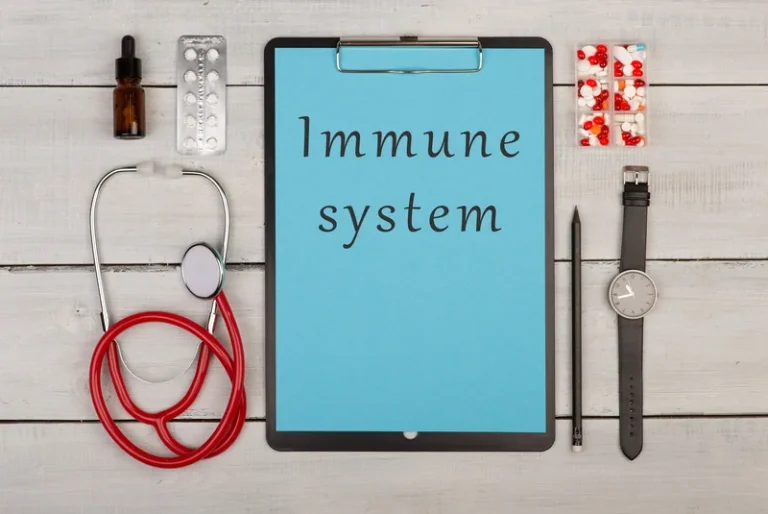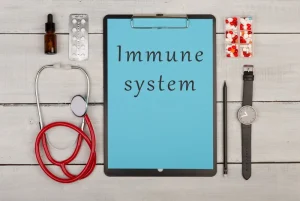Internal and External Triggers: Comprehensive Guide to Triggers

Explore effective medications to help stop drinking, and take a step towards liberating yourself from alcoholism. Debunking “is addiction treatment free?” Explore options, insurance coverage, and hidden costs. Discover four Klonopin side effects to watch out for, from common issues to severe risks, for better health. Explore how addiction is a family disease, affecting dynamics, finances, and recovery for everyone involved. Explore family discussions on alcohol to guide parents and support kids through tough conversations on drinking.
- People at risk of a relapse should avoid stressful situations that are likely to push them to use drugs and alcohol.
- The experience may cause someone to lash out, breakdown, or cope in unhealthy ways.
- Support is available if you’re dealing with the aftereffects of a traumatic experience.
- Some things may be more difficult, such as disassociating from friends you used to use substances with.
Risky Behaviors in Recovery
The individual should have relapse prevention plans in place to help deal with the potential triggering caused by items they may encounter. This is important because it may not be possible or feasible to avoid them at all times. Many people find that visiting certain places causes intense triggering in them.

Stress Triggers Relapse
Dive into our article on talking to family about your addiction for more pointers on starting these crucial conversations. Studies back this up, showing that families are ace allies for upping recovery success and treatment among young people battling substance use disorders (SUD) (NCBI). The therapy tackles the special hurdles these young folks face and fine-tunes the support they need to make real progress. For example, feeling guilty or stressed can push someone towards self-medicating. Meanwhile, bumping into the old crew or hangouts can drag someone back into cravings. Knowing the role family dynamics play in these triggers is super important, especially when family ties get all tangled (Arista Recovery).
High-Risk Situations

Recovery is a https://ecosoberhouse.com/ journey with no end, yet some people begin to feel that they are cured and don’t have to worry about triggers anymore. It’s important to develop a healthy level of self-confidence, but humility is necessary too. If someone forgets that addiction is a chronic condition, they may be tempted to have “just one” drink, injection, hit or bump with the expectation that it won’t be a big deal. For example, common triggers include seeing a person who was involved in the trauma or revisiting the scene where the traumatic event took place. But trauma triggers can also be more subtle, like smelling a scent or hearing a song that reminds you of the traumatic event. Discover the characteristics of best alcohol treatment centers to empower your recovery journey effectively.
What can trigger a trauma reaction?
Recognizing stress as a common trigger is vital for those in recovery, as it can undermine their hard-fought progress. For example, stress is a common external trigger, while feelings of loneliness or hunger are examples of internal triggers. Other notable triggers include fatigue, intense emotions, and specific memories related to substance use. Conversely, unhealthy coping strategies—like emotional outbursts or returning to substance abuse—can exacerbate the impact of triggers and increase relapse risks.
The main thing that all recovery triggers have in common alcoholism symptoms is they typically promote substance seeking or using behavior. Healthy coping mechanisms are crucial for managing cravings and avoiding relapse. Techniques such as yoga and meditation can be particularly effective in reducing stress. Furthermore, engaging in fulfilling hobbies like gardening or cooking provides not only distraction but also a sense of achievement, reinforcing positive emotions.

Customized Treatment Plans
Identify what internal triggers — emotions, thoughts, or memories — are liable to trigger cravings. When you experience them, recognize them for what they are and then allow them to pass. If you or a loved one needs support in managing addiction triggers or is seeking treatment for addiction, contact Rockland Treatment Center today. Let us help you regain control of your life and maintain your sobriety for the long term.
- For example, they may not be able to control their thoughts or how they feel.
- The combination of therapy, a structured treatment plan, and possible medication aids individuals in effectively managing their triggers, ultimately reducing the risk of relapse.
- Addiction and substance use disorder affects over 17% of the American population.
- Saya graduated with her Master in Social Work (MSW) with a concentration in mental health from the University of Southern California in 2010.
- Identifying and managing your addiction triggers is a vital part of maintaining long-term sobriety.
- Many people find that visiting certain places causes intense triggering in them.
At Excellence Recovery, our aftercare programs ensure that clients have continued access to the support they need as they transition back into their everyday lives. Therefore, it’s essential to develop coping methods that allow you to work through your triggers without resorting to drugs. You might need to find alternative places to hang out or take time away from the family for self-care on a regular basis. Many people who want to avoid relapse need to avoid the triggers once they recognize them. For example, powdered sugar can elicit an urge for drugs in someone who used cocaine. Like Pavlov’s dogs, which learned to salivate when they heard a bell ringing, people with addiction learn to crave drugs as a response to certain situations.
- Understanding and managing these triggers can significantly improve an individual’s recovery journey.
- Debunking “is addiction treatment free?” Explore options, insurance coverage, and hidden costs.
- Where physical, spiritual, educational, and financial needs are addressed with a Christian approach for long-lasting recovery.
- Discover the signs of substance use disorder and learn how to support recovery for loved ones in need.

Addiction is often the result of those with external triggers in recovery mental illness self-medicating to reduce the severity or frequency of the symptoms of that mental illness. We aim to support the widest array of browsers and assistive technologies as possible, so our users can choose the best fitting tools for them, with as few limitations as possible. It’s important to recognize when your thoughts are leading in a direction that could make sobriety more difficult.
By reflecting on these experiences, individuals can develop healthier coping mechanisms, such as creating strong support systems and engaging in self-care practices. Recovery from addiction is a challenging journey filled with obstacles, one of the most significant being the management of triggers. Triggers, whether internal or external, are cues that prompt individuals to crave substances, making it crucial to understand and anticipate them.
